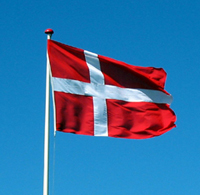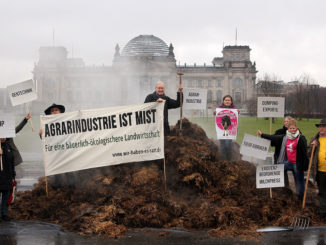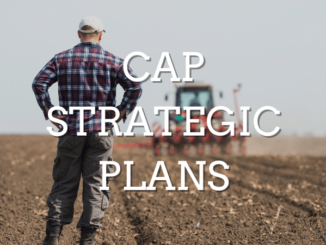
The press on the CAP reform up to the release of the proposals focused on a net loss in direct payments to Denmark – but also highlighted that this can be regained in Rural Development funds. Reactions in the press today were mainly about the greening elements and that they are ill-conceived, and will not improve on Denmark’s good performance and compliance on environmental standards.
The idea of scrapping the CAP still persists in Denmark. An op-ed by the director of the Danish version of COPA-COGECA (Landbrug of Fødevarer) raised the question of why the CAP is so unpopular in Denmark (along with Sweden and the UK) and suggests that the food industry and agriculture need to show how they contribute to big challenges of renewable energy, environment, climate change and food security i.e. more positioning of big farm interests. It also suggests lack of interest, because nobody knows a farmer anymore (but didn’t mention the fact that Denmark is one of the countries in the EU with the lowest percentage of employment in agriculture).
The legislative proposals were presented by Lene Naesager, Head of Unit, Relations with other EU Institutions and agricultural NGO’s and Christine Borchmann, Head of Unit, Budget Management. It was a pretty straightforward presentation of the main thrust of the CAP towards 2020.
A number of concerns were raised by NGOs on:
- Export subsidies and direct payments impact on production systems in developing countries
- Ecological focus areas
- Support for organic farming
- Animal welfare not included in direct payments (cross compliance)
- Crop diversification (a step backwards for Denmark)
- Permanent pasture and definition of permanent pasture
No farmers’ organisations asked questions or commented – with the exception of organic farmers. A couple of specific administration questions were posed by the Danish paying agency.
The new Food and Agriculture Minister, Mette Gjerskov, in her press release said that Denmark would have to look at other funding mechanisms i.e. rural development. She also stated that she did not understand why a big agriculture country like Denmark would be “bled” most. Gjerskov stressed that farmers should be rewarded for a transition to “greener” production, but did not give details on what is meant by green production.





